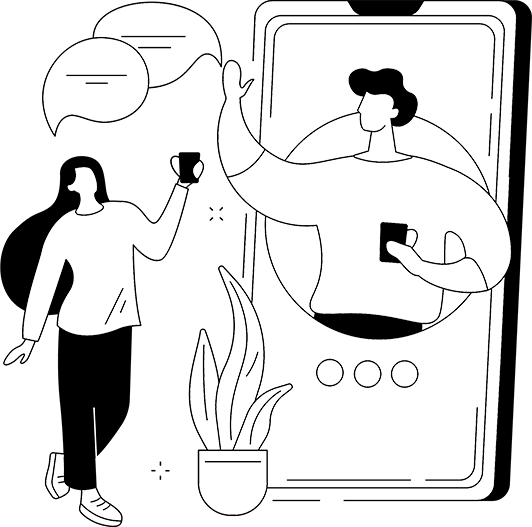What is Crowdfunding?
Raising capital from a large number of individuals online to support a project or venture.

Defination of crowdfunding, a short and simple answer
Crowdfunding is a financial model that involves raising small amounts of money from a large number of people, typically through online platforms or crowdfunding websites. This approach democratizes the funding process, allowing individuals, entrepreneurs, or organizations to seek financial support for their projects, products, or causes directly from the general public.
In a crowdfunding campaign, a project initiator sets a funding goal and creates a profile on a crowdfunding platform. Potential backers, individuals interested in supporting the project, can contribute funds to help the project reach its target. Crowdfunding can take various forms, including reward-based crowdfunding, equity crowdfunding, debt-based crowdfunding, and donation-based crowdfunding.
Different types of crowdfunding
1. Reward-Based Crowdfunding:
Mechanism: In reward-based crowdfunding, project initiators (creators) set a funding goal and offer non-financial rewards or incentives to backers who contribute to the campaign.
Backer Rewards: Backers receive tangible or intangible rewards based on their level of contribution. These rewards could include early access to the product, exclusive merchandise, personalized experiences, or acknowledgments.
Examples: Kickstarter, Indiegogo (mostly used for creative projects, technology, and innovative products).
2. Equity Crowdfunding:
Mechanism: Equity crowdfunding allows businesses to raise capital by selling shares or ownership stakes in the company to a large number of investors, often through online platforms.
Backer Rewards: Backers become shareholders in the company, and their potential returns are tied to the company’s success. If the company thrives, the value of their shares may increase, providing a financial return on their investment.
Regulation: Equity crowdfunding is subject to financial regulations to protect investors and maintain transparency.
Examples: Seedrs, Crowdcube (commonly used by startups and small businesses).
4. Debt (Peer-to-Peer Lending) Crowdfunding:
Mechanism: Debt crowdfunding, also known as peer-to-peer lending, involves backers lending money to project initiators, who agree to repay the loan with interest over a specified period.
Backer Rewards: Backers earn returns through interest payments on the loan, and the project initiators acquire the necessary funds for their project.
Examples: LendingClub, Prosper (often used for personal loans, small business loans).
5. Donation-Based Crowdfunding:
Mechanism: Donation-based crowdfunding involves individuals or organizations raising funds for a cause, project, or personal need without offering financial returns or rewards to backers.
Backer Motivation: Backers contribute out of goodwill, supporting charitable causes, medical expenses, disaster relief, or personal endeavors.
Examples: GoFundMe, Patreon (widely used for personal and charitable fundraising).

What type of crowdfunding is used by Giveza?
Giveza uses Donation-based crowdfunding. It is a funding model where individuals or organizations seek financial support for their projects, causes, or personal needs by directly soliciting contributions from the public on our website.
In this type of crowdfunding, backers donate money without expecting any financial returns or ownership stakes in the project. Instead, the motivation for contributing is typically driven by a desire to support a cause, help an individual in need, or contribute to a specific initiative.

Key Characteristics of Donation-Based Crowdfunding:
1. Philanthropic Intent:
Backers contribute funds out of goodwill and a desire to make a positive impact. Common causes include charitable organizations, community projects, medical expenses, education, disaster relief, and more.
2. No Financial Returns or Rewards:
Unlike some other crowdfunding models, donation-based crowdfunding does not involve offering backers financial returns or tangible rewards. Backers contribute simply to support the cause or project.
3. Platform Variety:
Donation-based crowdfunding campaigns are often hosted on dedicated platforms designed for fundraising. Examples include GoFundMe, Kickstarter (which allows for donation-based campaigns alongside its primary reward-based model), Patreon, and more.
4. Transparent Fund Utilization:
Donation-based crowdfunding campaigns are often hosted on dedicated platforms designed for fundraising. Examples include GoFundMe, Kickstarter (which allows for donation-based campaigns alongside its primary reward-based model), Patreon, and more.
5. Personal and Emotional Appeals:
Successful donation-based campaigns often leverage personal stories, emotional appeals, and a clear narrative to connect with potential backers. This personal connection can significantly impact the success of the fundraising effort.

